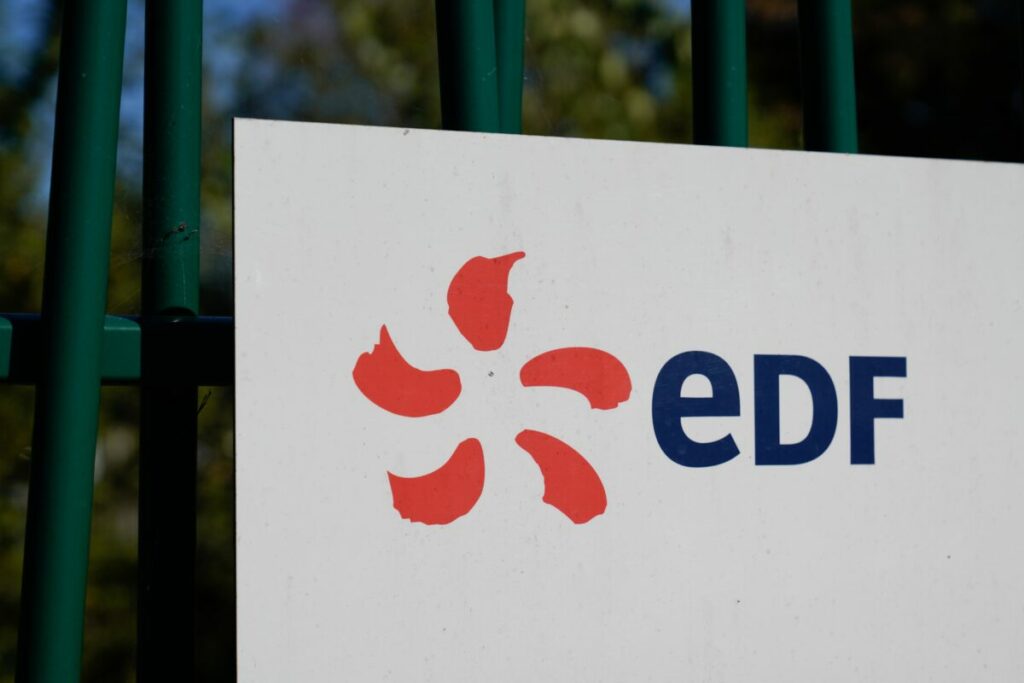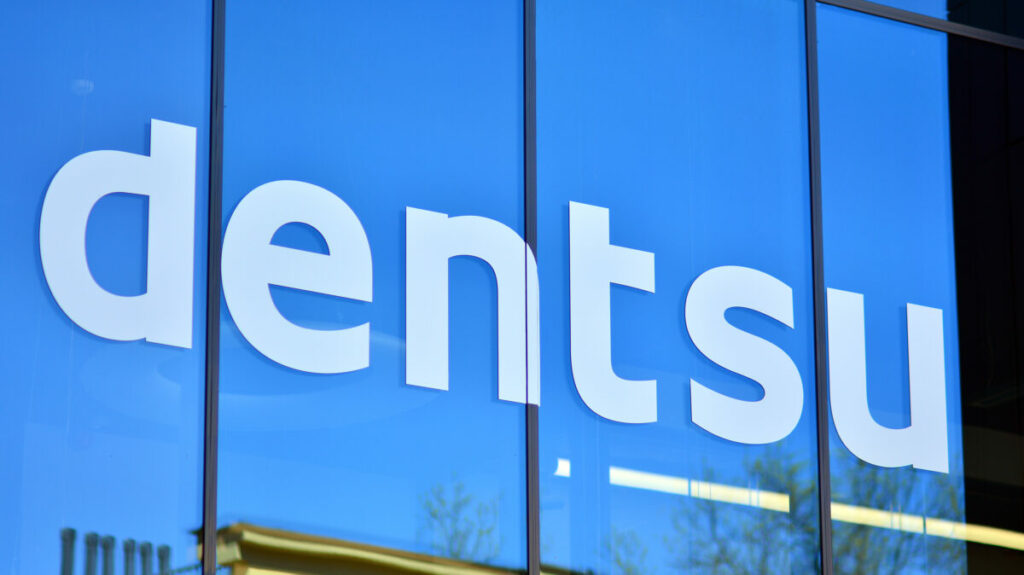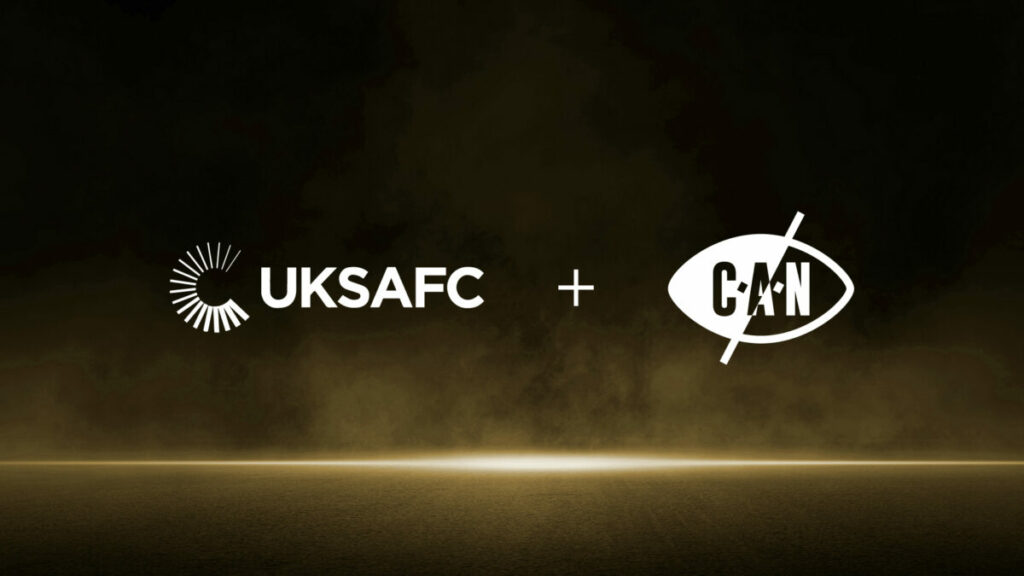Despite a moderate upturn in core media spending in the third quarter of the year, the report also predicts that adspend will continue to fall in real terms until at least the end of 2024.
While 21% of Bellwether firms increased their total marketing spend over the three-month period to October 2023, a not insignificant 16% took a more cautious approach and downgraded their budgets due to “persistent inflationary pressures”.
Brands increasing their budgets did so from both defensive and offensive positions, with some looking to hold their position in the market while others focused on securing additional market share ahead of a potential economic downturn.
Main media advertising was was the strongest-performing segment throughout Q3, with 7.4% of companies boosting their spend in this category (a marked contrast to Q2 Bellwether results, where budgets focused on sales promotions to support cash-strapped consumers).
Marketing budgets were also being put behind events, marking the seventh consecutive quarter of growth for the category. Direct marketing and PR also saw growth, the latter at the strongest pace of the last five years.
The overall mood within the industry was described as “generally subdued”, with Bellwether firms largely reporting a similar financial outlook to earlier in the year despite a slight uptick (2.6%) in their own expectations. Sentiment towards the outlook for the sector as a whole remained negative.
With the UK economy expected to enter a “shallow recession” next year, the growth outlook remains bleak, with adspend expected to continue falling throughout 2024.
Subscribe to Marketing Beat for free
Sign up here to get the latest marketing news sent straight to your inbox each morning
Prioritising brand building
“The tide seems to have turned with marketers taking their foot off the gas on promotions in favour of main media marketing,” says Kantar managing director Dom Boyd.
“[The Bellwether report] suggests that teams are reprioritising brand building over short-term sales gains and from our perspective that is absolutely the right way to go. Stronger brands are more resilient and perform better in the long run.
However, he also says its not just about being the most well-known name.
“What really drives commercial returns is how different brands are perceived to be by consumers and that’s an area where we know UK brands are weaker – Wilko being the latest casualty of blandness. So, it’s a step in the right direction but getting this balance right on familiarity versus distinctiveness is essential.”
Stretch smaller budgets
“Businesses are continuing to tread carefully due to the looming economic challenges in 2024,” agrees JOAN London managing director Tom Ghiden, who describes the rise in main media marketing budgets as a “significant positive indicator”.
“This uptick signals a greater focus on reaching consumers through marketing messages, which is a testament to the industry’s determination to adapt and connect with audiences, even in challenging times… Agencies willing to invest in their brand’s resilience can emerge stronger when the economic clouds finally clear.
“Another exciting prospect revealed in the Bellwether report is the role of AI in our industry; we should set the stage in 2024 and embrace these opportunities to make the most of our resources. AI can help us stretch smaller budgets and breathe life into creative work, making it even more compelling and engaging for our target audience.
“In the face of economic challenges, brands should channel their efforts into these opportunities. By doing so, they can not only weather the storm but also emerge more resilient and creative than ever before.”
Bellwether’s brand-building tactics
“As we continue to navigate through a turbulent macro-economic environment, it’s encouraging to see total marketing budgets remain steady,” says Fuse CSO Alex Charkham.
“However, the Bellwether report shows we are seeing a shift from the record rise in promotions spending last quarter – driven by brands to help consumers with the cost-of-living crisis – to a move back towards brand building tactics. While there’s plenty of evidence to suggest that brands who prepare long-term strategies tend to be more recession proof, this is easier said than done.
“Typically, belts will be tightened and short-termism will take over. Of all marketing strategies, sponsorship tends to be one that takes the hit in recessionary times. However, due to major events such as the Euros and the Olympics taking place next year, brands who effectively lean into these cultural moments will reap the benefits.
The opportunity for brands and marketers to engage with big sporting moments is evolving, particularly in women’s sport where we have seen investment increase 20% YoY.”
Long-term growth vs short-term savings
“While it’s encouraging to see a continued expansion in total marketing budgets, the Bellwether reveals is a notable shift in the dynamics of investment patterns,” points out Cream CEO Neil Cunningham.
“The report reveals that the overall growth in marketing budgets has decelerated, indicating a growing sense of caution among decision makers. This is a crucial time, as businesses decide whether to grit their teeth and plan for long-term growth, or switch tactics and prioritise short-term cost-saving measures.
It is especially pleasing that the report notes companies are taking a proactive approach to climate change. We must support the pursuit to help society achieve meaningful sustainability goals, and challenge those who suggest using advertising to promote unsubstantiated or dangerous claims.
There is no doubt the Bellwether report reflects a complex landscape for businesses, with economic uncertainties still on the horizon. The resilience and adaptability of UK businesses is commendable, but it is essential for brands to maintain a balance between short-term responsiveness and long-term strategic planning.”














